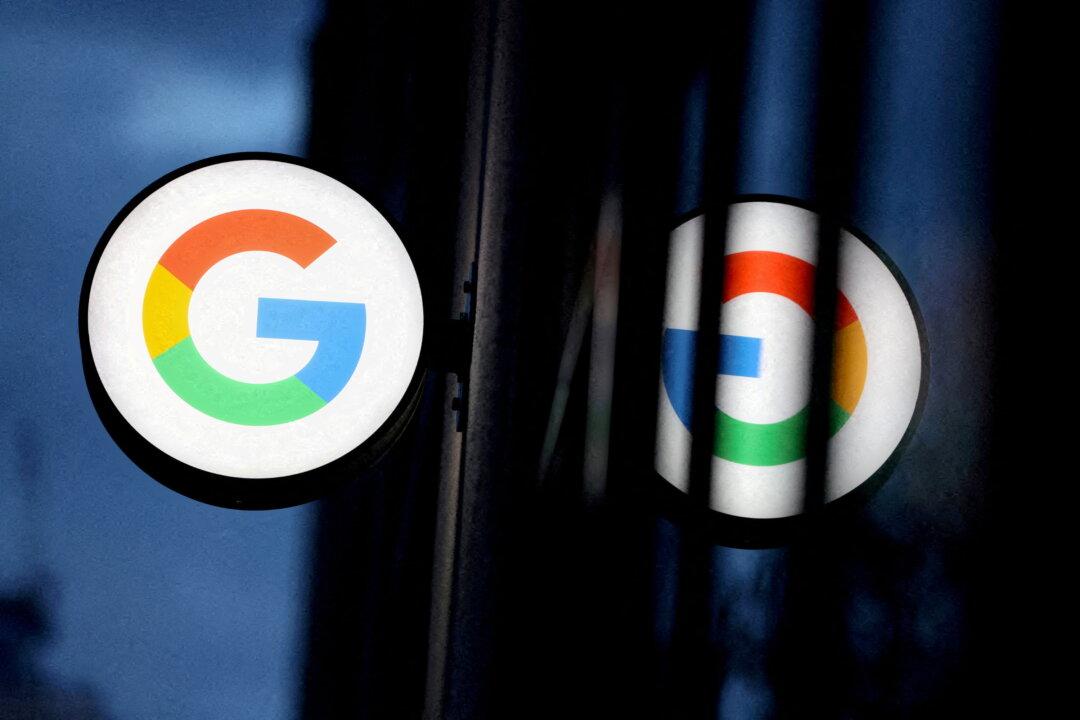Tech giant Google has reached a stipulated agreement with the Department of Justice (DOJ) promising to reform and upgrade its legal process compliance program after it allegedly lost federal data that was being sought by investigators in 2016.
In a press release, the DOJ said that under the “first-of-its-kind resolution,” Alphabet Inc.’s Google will improve its legal process compliance program, which responds to legal demands such as subpoenas and search warrants while also safeguarding users’ privacy and limiting government access to user data, according to Google (pdf).




